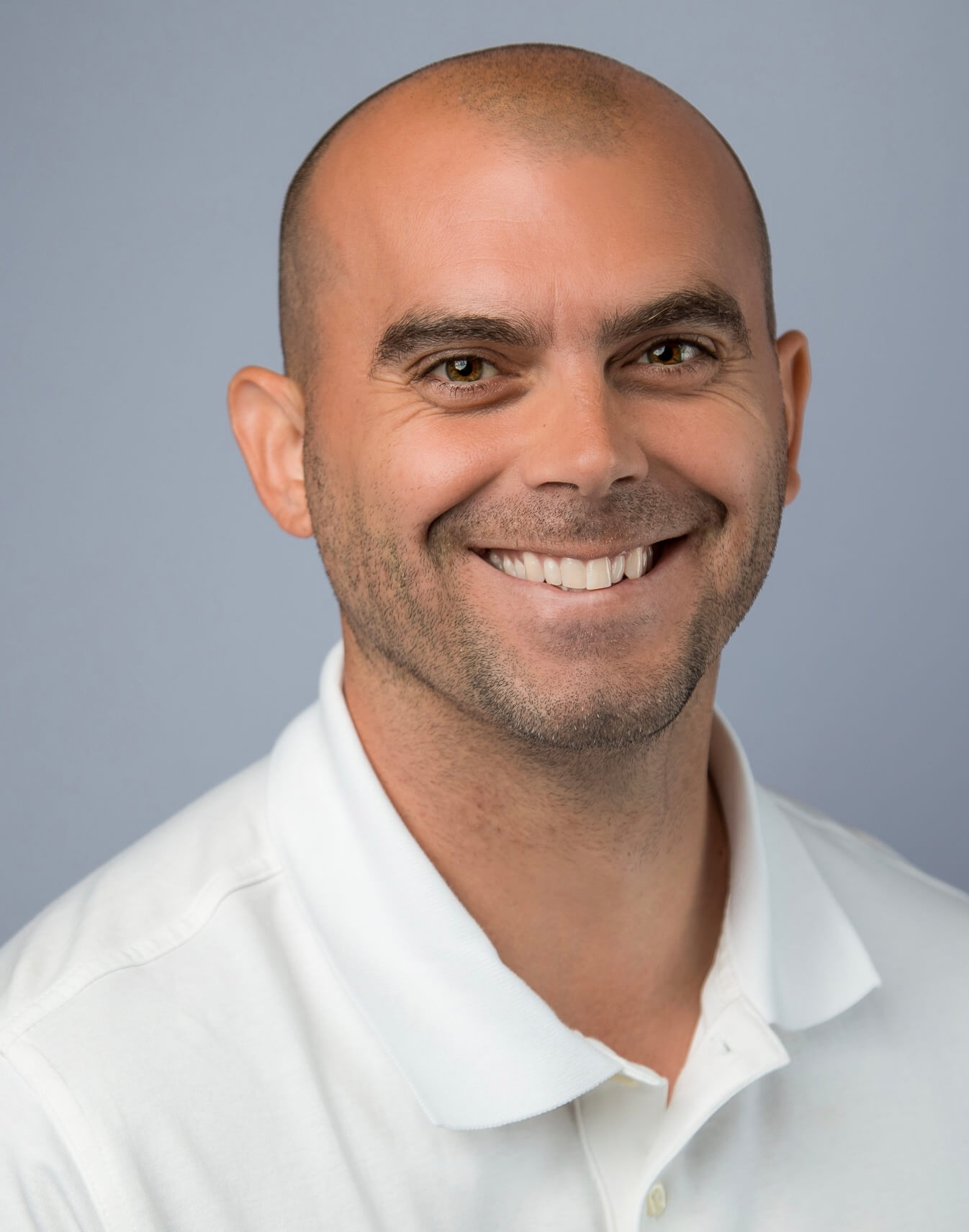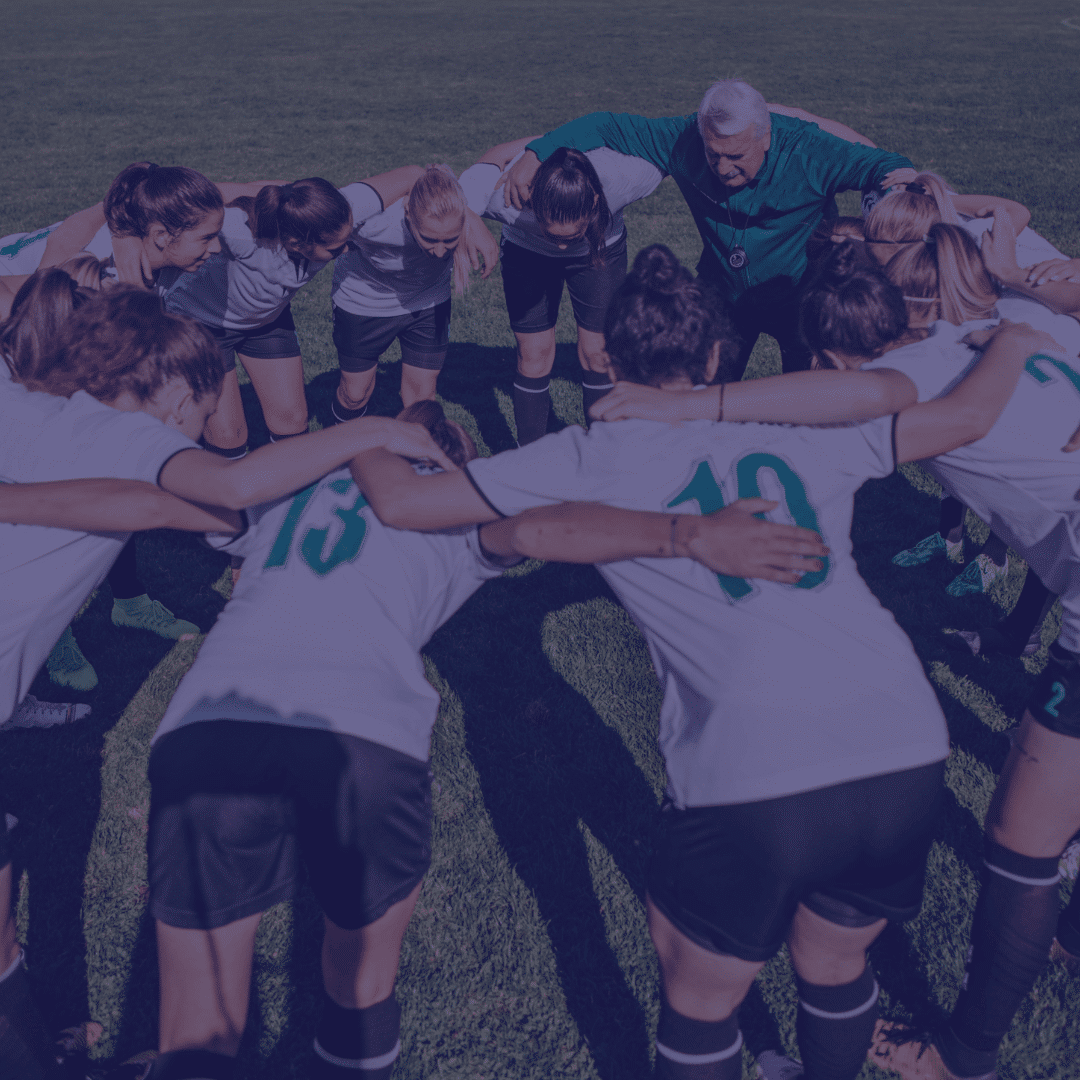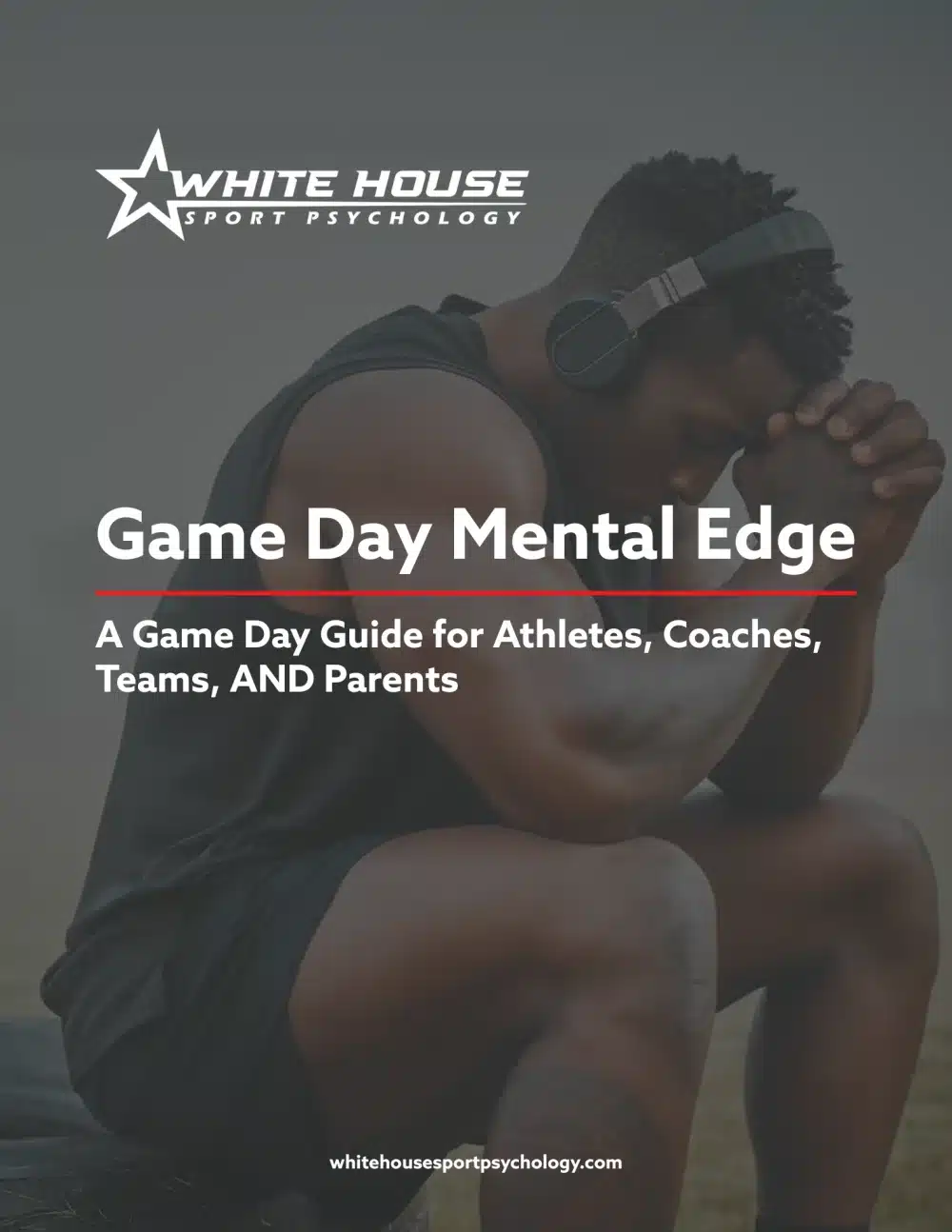Dear Athletic Director, Coach, and Staff,
Several years ago, I met a former football player with a compelling story about overcoming depression and suicidality. However, as great as his story is, it almost ended in complete tragedy.
This young man struggled with many of the same challenges today’s athletes face—family trouble at home, little playing time, failing to live up to expectations, difficulty managing an overpacked schedule, and more.
As he sunk into a deep depression, he saw the need to seek professional help—which is great—but consider this exchange he had with his counselor barely two sessions into his treatment:
Athlete: “I don’t know what to do. I’m living out my dream, and yet I am in the middle of a nightmare.”
Counselor: “You seem to have a lot on your plate, and your schedule feels overbooked. Have you considered quitting football?”
Athlete (with an expression of shock on his face): “Don’t you realize that football is the only thing keeping me alive right now?”
This athlete never went back to that counselor again.
Take a moment to re-read that exchange.
His counselor failed to recognize and appreciate the value of sport in his life and in the process made a suggestion that could have been very costly. Yes, we all make mistakes. And to a sport administrator or coach this one seems obvious. Yet the problem with this mistake goes beyond the obvious.
This story illustrates the importance of connecting athletes with psychologists and other mental health providers specifically trained in sport psychology and working with athletes. There is a difference between sport psychology and traditional therapy—a significant difference.
Sport psychology is not just therapy with athletes. Yes, sport psychology involves the mind and includes the domain of athlete mental health. However, it also includes mental training for sports performance, the culture and context of athletics, and other specifics that traditional therapists are not trained in.
Consider this analogy: Most coaches have some basic knowledge about nutrition, yet they are not qualified to be team dieticians. Many institutions are making the mistake of expecting their counseling center staff to do the work of a sport psychologist. This is comparable to asking the coach to be the team dietician, and mistakes like that lead to the story above.
No, examples like the one above don’t happen every day. Yet, here at White House Sport Psychology, we get calls every month from people who say something like, “We tried a regular therapist, but…”
Athletes deserve to have their mental health and performance led by professionals educated and trained in sport psychology—not traditional therapists. To be clear, this is not a criticism of traditional therapists. It is a call for athletes, coaches, parents, and athletic organizations to work with the professionals best suited to meet their needs.
At White House Sport Psychology, we bring our sport-specific education, training, certifications, and experience to you, your teams, or your organization.
We don’t expect you to jump on board based on a single story—but we hope that no athlete ever has the same experience we highlighted above. Together, we can help your department and the athletes representing your institution avoid such experiences.

Tim White
Owner, White House Sport Psychology

